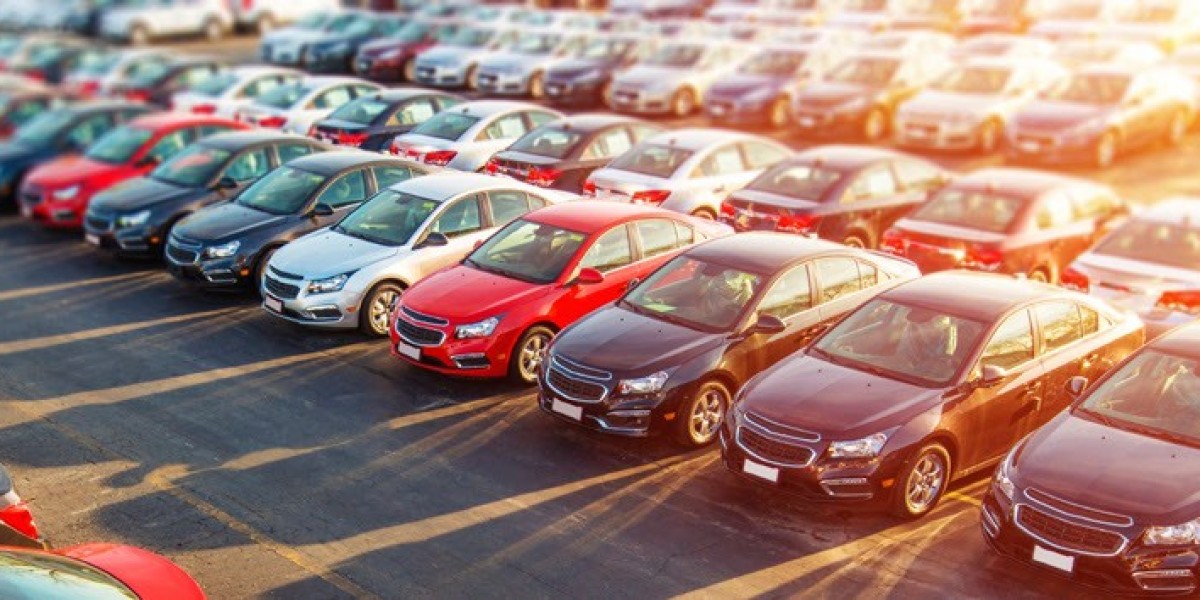The automotive retail industry is undergoing significant changes in 2025, fueled by advancements in technology, shifts in consumer behavior, and a growing emphasis on sustainability. As electric vehicles (EVs) gain popularity and digital sales channels become more prominent, automotive retailers are adapting to meet the demands of a new generation of consumers. This article explores the latest news and developments in automotive retail, highlighting key trends, innovative strategies, and the impact of technology on the sector.
Emerging Trends in Automotive Retail
Digital Transformation and E-Commerce The shift towards digital retailing continues to accelerate in 2025. Consumers are increasingly comfortable purchasing vehicles online, leading to the rise of e-commerce platforms dedicated to automotive sales. Many dealerships are enhancing their online presence, offering virtual showrooms, 360-degree vehicle views, and online financing options. This trend allows consumers to complete the entire buying process from the comfort of their homes, making car shopping more convenient than ever.
Rise of Electric Vehicles (EVs) The automotive industry is witnessing a surge in electric vehicle sales, driven by environmental concerns and government incentives. Retailers are adapting their inventories to include a wider range of EV options, from budget-friendly models to luxury electric cars. In 2025, many dealerships are investing in charging infrastructure to support the growing number of EV owners, ensuring that customers have access to charging stations while shopping.
Subscription Services and Flexible Ownership Models In response to changing consumer preferences, automotive retailers are increasingly offering subscription services and flexible ownership models. These programs allow customers to pay a monthly fee for access to a vehicle without the long-term commitment of traditional ownership. This trend appeals to younger consumers who prioritize flexibility and convenience, enabling them to switch vehicles according to their needs.
Enhanced Customer Experience Through Technology Automotive retailers are leveraging technology to enhance the customer experience. Virtual reality (VR) and augmented reality (AR) are being used to create immersive experiences, allowing customers to explore vehicles in a virtual environment. Additionally, chatbots and AI-driven customer service tools are streamlining communication, providing instant support and personalized recommendations based on customer preferences.
Notable Developments in 2025
Partnerships with Tech Companies Automotive retailers are forming strategic partnerships with technology companies to enhance their offerings. Collaborations with software developers and data analytics firms are helping dealerships improve inventory management, pricing strategies, and customer engagement. For instance, some retailers are using AI algorithms to analyze customer data and tailor marketing campaigns, resulting in more effective outreach.
Sustainability Initiatives Sustainability is becoming a core focus for automotive retailers in 2025. Many dealerships are implementing eco-friendly practices, such as using renewable energy sources in their operations and offering incentives for customers who choose electric or hybrid vehicles. Additionally, retailers are emphasizing transparency in their supply chains, ensuring that customers are informed about the environmental impact of their purchases.
Increased Focus on After-Sales Services As competition intensifies, automotive retailers are recognizing the importance of after-sales services in building customer loyalty. Many dealerships are enhancing their service departments, offering maintenance packages, extended warranties, and loyalty programs. This focus on after-sales support not only improves customer satisfaction but also drives repeat business and referrals.
Shifts in Financing and Leasing Options The financing landscape for automotive retail is evolving, with new options emerging to accommodate diverse consumer needs. In 2025, dealerships are offering more competitive leasing terms, allowing customers to enjoy lower monthly payments while driving newer vehicles. Additionally, innovative financing solutions, such as peer-to-peer lending and blockchain-based transactions, are gaining traction, providing consumers with more choices and flexibility.
Impact of Technology on Automotive Retail
Technology is reshaping the automotive retail landscape in profound ways. The integration of artificial intelligence and machine learning is enabling retailers to predict consumer preferences and optimize inventory management. Data analytics tools are helping dealerships identify trends in customer behavior, allowing for more targeted marketing strategies.
Moreover, the rise of mobile applications is changing how consumers interact with automotive retailers. Customers can now schedule test drives, request service appointments, and even negotiate prices through mobile platforms, enhancing the overall shopping experience.
The automotive retail industry in 2025 is characterized by innovation, flexibility, and a strong focus on sustainability. As digital transformation continues to reshape the sector, retailers are adapting to meet the evolving needs of consumers. From the rise of electric vehicles to the implementation of advanced technology, the automotive retail landscape is more dynamic than ever. By embracing these changes and prioritizing customer experience, automotive retailers can position themselves for success in a rapidly changing market. As we look to the future, the focus on sustainability and technological integration will be key drivers in shaping the next chapter of automotive retail.







